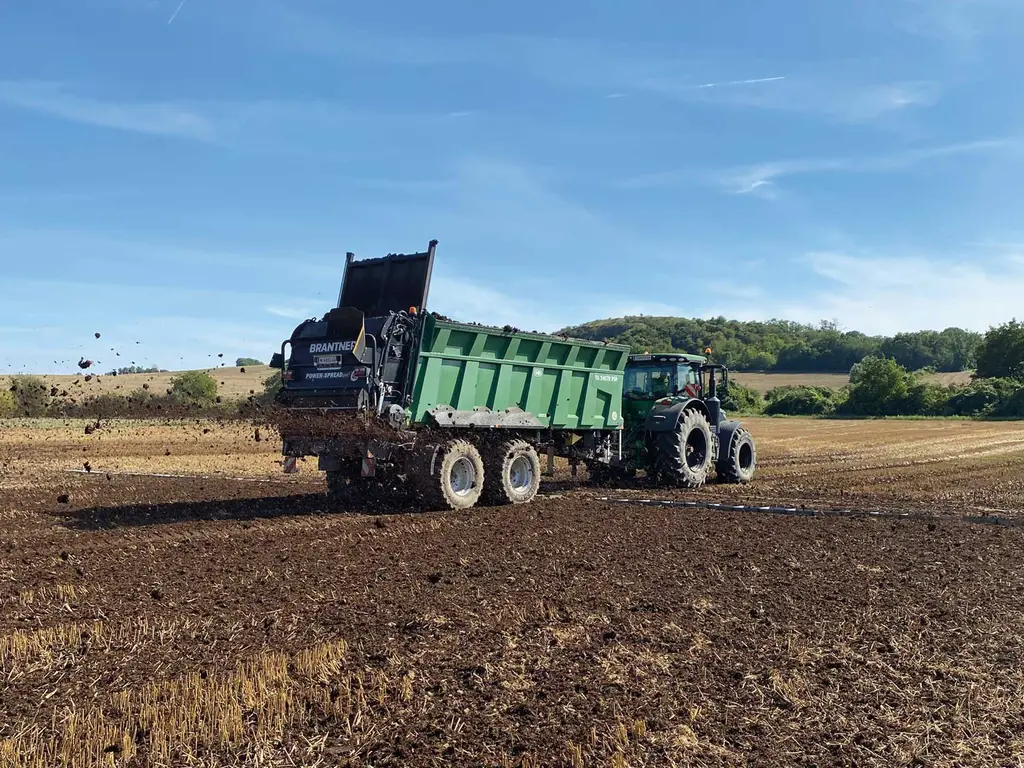Climate protection and carbon storage
Forests are important carbon stores. They bind greenhouse gases by storing carbon in both their biomass and the soil. Currently, around 1,184 million tonnes of carbon are stored in Germany's forests. However, this performance is threatened by increasing calamities such as drought and pest infestation, which will result in more carbon being released than stored from 2017 to 2022.
Air purification and oxygen production
As the green lungs of our planet, forests convert carbon dioxide into oxygen. One hectare of coniferous forest produces up to 30 tonnes of oxygen annually, while deciduous forests produce about 15 tonnes. At the same time, the forests filter pollutants out of the air by binding soot and dust particles, thereby contributing to improved air quality.
Water storage and drinking water protection
Forests regulate the water balance and protect our drinking water. One square metre of forest soil can store up to 200 litres of water by absorbing melted snow and rainwater and releasing it slowly. This natural filtration process ensures clean groundwater and protects against flooding.
Timber stock and sustainable use
Sustainable forest management ensures the continuous supply of wood. Whether for construction projects, furniture production or as a source of energy – wood from local forests is constantly growing back. At the same time, forestry ensures that our forests are preserved for the long term. Using wood as a building material means that the carbon stored in the wood is bound in the long term, thereby contributing to climate protection.
Biodiversity and habitats
Germany's forests are home to around 2,900 plant species and 140 vertebrate species. Deadwood plays a special role: It provides a habitat and nourishment for innumerable organisms and promotes biological diversity. The increase in mixed forests and the growing amount of deadwood sustainably strengthen the ecological functions of the forests.
Recreation and cultural significance
Forests provide retreats for recreation, health and education. They have a positive effect on well-being, promote tourism and are places for conducting research. Nature-oriented burials, as are possible in forest cemeteries, emphasise the cultural connection between humans and nature.




















